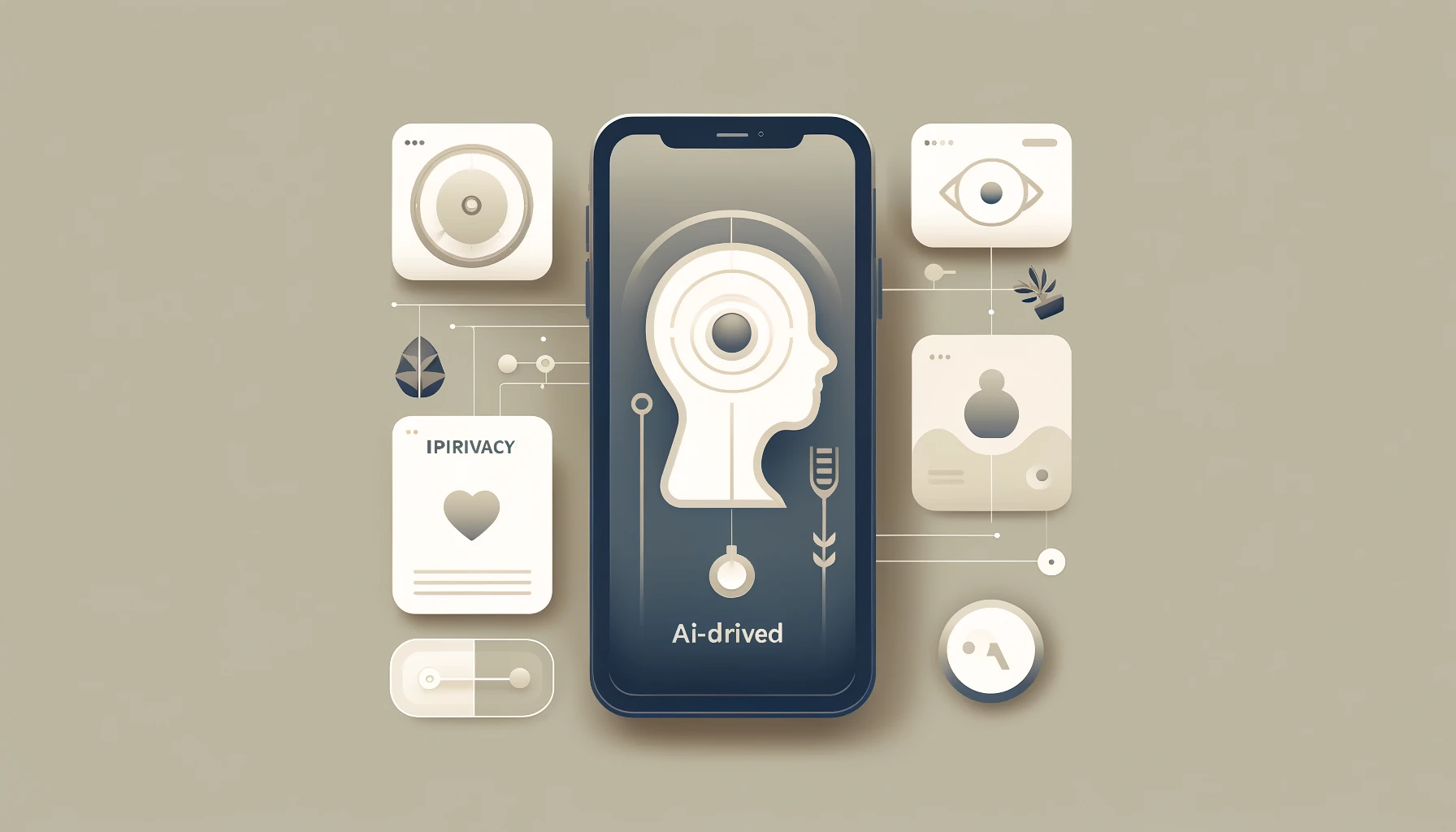Apple’s Worldwide Developers Conference (WWDC) is approaching, and this year’s event is expected to showcase the debut of Apple Intelligence. As Google and Microsoft have already demonstrated their generative AI capabilities at their respective developer conferences, the pressure is on Apple to deliver something equally impressive. However, Apple’s focus should be on creating reliable and practical AI features rather than overpromising on flashy capabilities.
Reliability First
Apple has a reputation for creating some of the most popular and reliable devices globally. To maintain this reputation, Apple needs to ensure that its AI features enhance the user experience by being practical and dependable. Many AI-powered features currently rely on cloud-based processing, which can introduce latency and dependency on internet connectivity. By implementing useful AI features that run locally on devices, Apple can offer users a more seamless and always-available experience. For instance, offline transcriptions in the Voice Memo and Notes apps would be a significant step forward.
Expected features from Apple include notification summaries, web page summaries, basic text generation, and photo editing. While these functionalities are already present in various browsers, note-taking apps, and photo-editing apps, Apple’s implementation needs to be smooth and intuitive to stand out.
Privacy First
Apple’s commitment to privacy is well-known, and it is likely to continue this approach with its AI features. Unlike its competitors, Apple may restrict AI capabilities to certain devices, such as the iPhone 15 Pro and iPads or Macs with M1 or later chips, and make these features opt-in. This cautious approach aims to avoid potential user backlash and privacy concerns.
Recent criticism over Apple’s iPad “Crush” ad, which portrayed creative instruments being destroyed, highlights the company’s sensitivity to public perception, particularly among creators. With AI already facing skepticism from the creative community, Apple is likely to avoid controversial implementations and instead focus on enhancing user trust.
Improving Siri
One of the most anticipated updates is a significant revamp of Siri. Currently, Siri struggles with multitasking and accurately understanding user queries. For example, if asked to set a 10-minute timer and a 5-minute timer simultaneously, Siri would set one timer for 15 minutes instead. Addressing these fundamental issues does not necessarily require generative AI, but improvements in Siri’s basic functionality are essential.
Additionally, deeper integration of AI could help users create complex Siri shortcuts for multistep tasks, simplifying their interactions with Apple devices. Rumors suggest that Apple might announce a partnership with OpenAI to enhance AI features across its operating systems. However, given the potential for AI-generated content to suffer from issues like hallucinations or inaccuracies, Apple may limit its use of large language models (LLMs) in content-related features for now.
Balancing Innovation and User Experience
From my perspective, Apple’s priority should be balancing innovation with user experience and reliability. Flashy AI features may garner initial excitement, but if they fail to deliver consistent and accurate results, they can quickly lead to user frustration and disappointment.
Moreover, focusing on privacy and user control aligns with Apple’s brand ethos and builds long-term trust. As I see it, Apple’s cautious approach may position it as a leader in responsible AI implementation, setting a standard for the industry.
On the downside, by not pushing the boundaries as aggressively as Google or Microsoft, Apple risks being perceived as lagging in the AI race. However, the upside is significant: delivering practical, reliable, and privacy-conscious AI features will likely result in higher user satisfaction and loyalty.
In conclusion, Apple’s strategy for AI should prioritize making their devices more useful and user-friendly without compromising on reliability and privacy. By doing so, Apple can set itself apart from its competitors and reinforce its reputation for quality and innovation. As the WWDC unfolds, it will be interesting to see how Apple navigates these challenges and what new AI capabilities it brings to its ecosystem.






